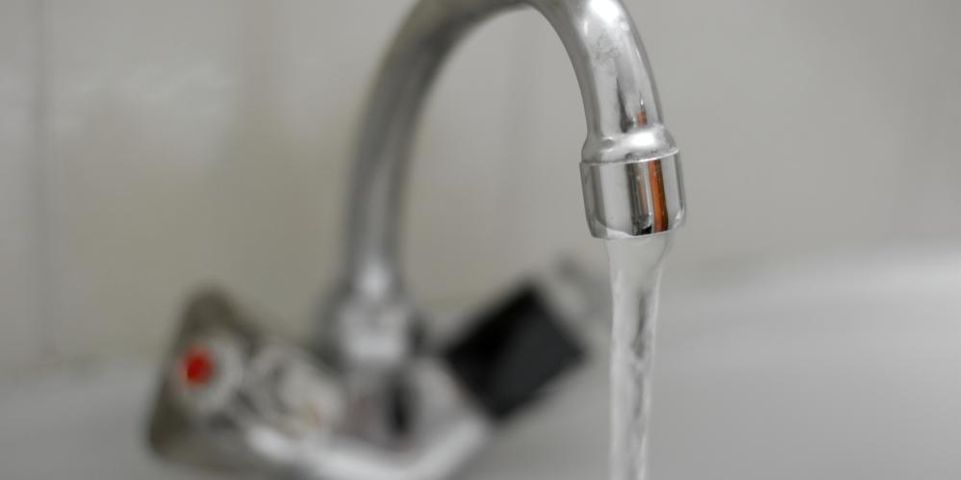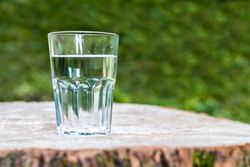What's the Difference Between Hard & Soft Water?

If you’ve ever traveled to a new place and found that the tap water has a strange taste, you may have experienced a drink from a water well that was harder or softer than what you’re used to. This means it had a higher amount of dissolved minerals like magnesium and calcium. Here are some general facts about the differences between hard and soft water.
Understanding Hard & Soft Water
Scaling
Over time, the minerals in hard water can solidify and build-up, leaving a whitish substance on surfaces. Known as scaling, it may appear in pipes, water heaters, washing machines, sinks, faucets, and more. Left unaddressed, it may eventually clog pipes and permanently stain the surfaces it forms on. This danger is not present with soft water.
Cleaning Ability
Because of the high mineral content in hard water, soft water is a more effective cleaning agent. Dissolved minerals may diminish the effects of soap, whether you’re washing laundry or scrubbing dishes. This results in coarse fabrics and unclean surfaces. Soft water, on the other hand, combines with soaps to create a lather, which cleans effectively.
Health
 Although some people feel that hard water has a strange taste, this doesn’t mean it’s unhealthy. On the contrary, it provides essential minerals that some people may not obtain from their regular diets, such as calcium and magnesium. The minerals in the water also make it less likely that other toxic substances will be present, such as dissolved copper and lead. Additionally, hard water consumption may lower the risk of cardiovascular disease mortality.
Although some people feel that hard water has a strange taste, this doesn’t mean it’s unhealthy. On the contrary, it provides essential minerals that some people may not obtain from their regular diets, such as calcium and magnesium. The minerals in the water also make it less likely that other toxic substances will be present, such as dissolved copper and lead. Additionally, hard water consumption may lower the risk of cardiovascular disease mortality.
If you’re seeking assistance with water treatments, excavations, and other issues related to water wells, Kuser Well Drilling can help. For over 50 years, they’ve served clients in Roaring Branch, PA, and the surrounding areas with quality installation and maintenance services for filters, water pumps, pressure tanks, and plumbing hardware. Learn more today by visiting them online or calling (570) 673-8189.
About the Business
Have a question? Ask the experts!
Send your question

